What is this drug used for?
– It is used to treat high blood pressure.
– It is used to get rid of extra fluid.
Frequently reported side effects of this drug
– Constipation
– Diarrhea
– Fatigue
– Headache
– Joint pain
– Lack of appetite
– Nausea
– Vomiting
– Bloating
– Abdominal pain
Other side effects of this drug: Talk with your doctor right away if you have any of these signs of:
– Fluid and electrolyte problems like mood changes, confusion, muscle pain or weakness, abnormal heartbeat, severe dizziness, passing out, fast heartbeat, increased thirst, seizures, loss of strength and energy, lack of appetite, unable to pass urine or change in amount of urine passed, dry mouth, dry eyes, or nausea or vomiting.
– Kidney problems like unable to pass urine, blood in the urine, change in amount of urine passed, or weight gain.
– DVT like swelling, warmth, numbness, change in color, or pain in the extremities
– High blood sugar like confusion, fatigue, increased thirst, increased hunger, passing a lot of urine, flushing, fast breathing, or breath that smells like fruit
– Liver problems like dark urine, fatigue, lack of appetite, nausea, abdominal pain, light-colored stools, vomiting, or yellow skin or eyes
– Pancreatitis like severe abdominal pain, severe back pain, severe nausea, or vomiting
– Severe dizziness
– Passing out
– Burning or numbness feeling
– Chest pain
– Sexual dysfunction
– Bruising
– Bleeding
– Severe loss of strength and energy
– Chills
– Sore throat
– Restlessness
– Depression
– Vision changes
– Signs of a significant reaction like wheezing; chest tightness; fever; itching; bad cough; blue skin color; seizures; or swelling of face, lips, tongue, or throat.
Note:?This is not a comprehensive list of all side effects. Talk to your doctor if you have questions.
Pronunciation
(me TOLE a zone)
Medication Safety Issues
Sound-alike/look-alike issues:
MetOLazone may be confused with metaxalone, methadone, methazolAMIDE, methIMAzole, methotrexate, metoclopramide, metoprolol, minoxidil
Zaroxolyn may be confused with Zarontin
Geriatric Patients: High-Risk Medication:
Beers Criteria: Diuretics are identified in the Beers Criteria as potentially inappropriate medications to be used with caution in patients 65 years and older due to the potential to cause or exacerbate syndrome of inappropriate antidiuretic hormone secretion (SIADH) or hyponatremia; monitor sodium concentration closely when initiating or adjusting the dose in older adults (Beers Criteria [AGS 2019]).
Storage/Stability
Store at 25?C (77?F); excursions are permitted between 15?C and 30?C (59?F and 86?F). Protect from light.
Adverse Reactions
Cardiovascular: Chest discomfort, chest pain, necrotizing angiitis, orthostatic hypotension, palpitations, syncope, venous thrombosis
Central nervous system: Chills, depression, dizziness, drowsiness, fatigue, headache, neuropathy, paresthesia, restlessness, vertigo
Dermatologic: Pruritus, skin necrosis, skin photosensitivity, skin rash, Stevens-Johnson syndrome, toxic epidermal necrolysis, urticaria
Endocrine & metabolic: Glycosuria, gout, hypercalcemia, hyperglycemia, hyperuricemia, hypochloremia, hypochloremic alkalosis, hypokalemia, hypomagnesemia, hyponatremia, hypophosphatemia, hypovolemia
Gastrointestinal: Abdominal pain, anorexia, bloating, constipation, diarrhea, epigastric distress, nausea, pancreatitis, vomiting, xerostomia
Genitourinary: Impotence
Hematologic & oncologic: Agranulocytosis, aplastic anemia, hemoconcentration, hypoplastic anemia, leukopenia, petechia, purpura, thrombocytopenia
Hepatic: Cholestatic jaundice, hepatitis
Neuromuscular & skeletal: Arthralgia, muscle cramps, muscle spasm, weakness
Ophthalmic: Transient blurred vision
Renal: Increased blood urea nitrogen

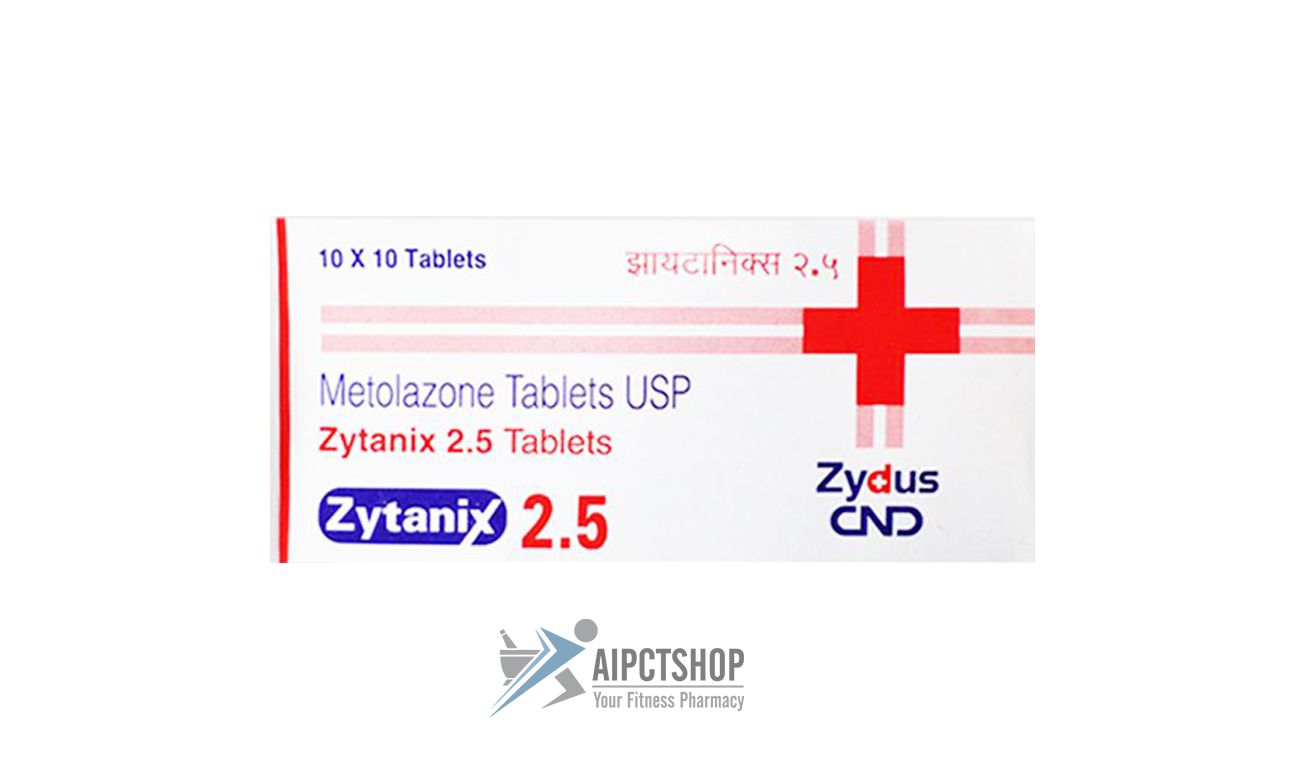
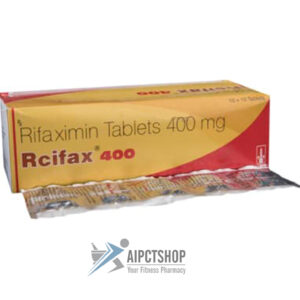
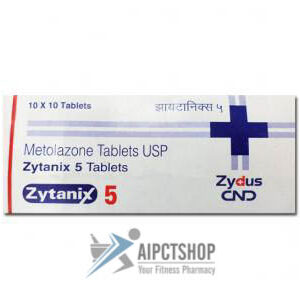


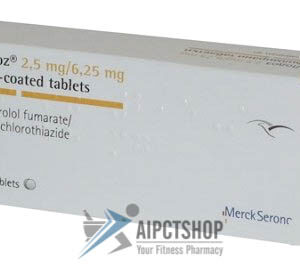
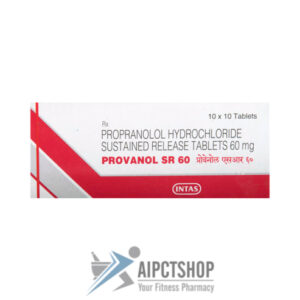
Reviews
There are no reviews yet